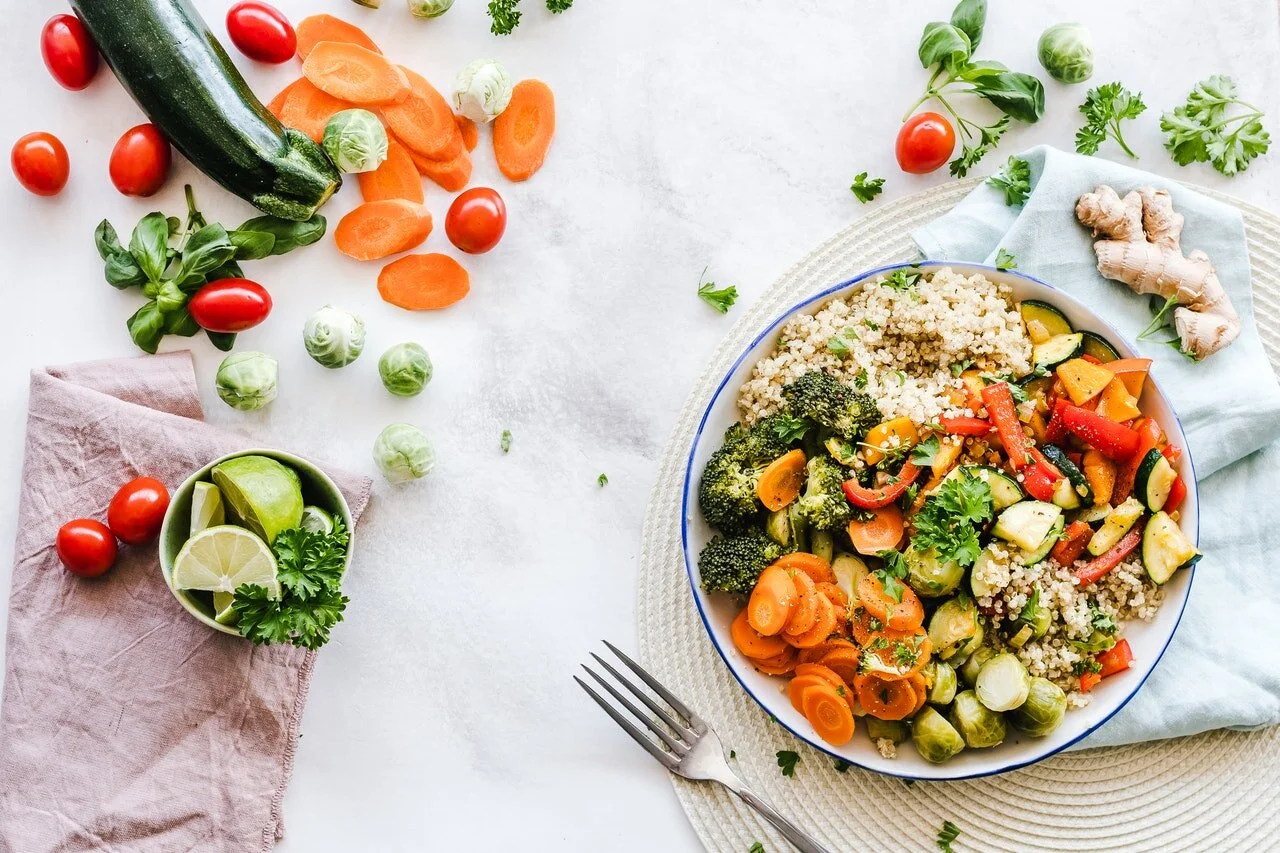Personal Trainer Wisdom: I think the most important point in regards to skipping breakfast is the one that’s missing: You create a deficit in your body when you deprive it of the fuel it needs while skipping breakfast. The body hacker will argue that fasting will cause the body to employ its backup system to assist a person with his or her weight loss. Let’s consider this for a moment as truth. Maybe you will lose weight because your metabolism has “lit” up (not simply because of your calorie reduction). Is this a long term result? Wouldn’t your body return to its set metabolism once your habits stabilize? Wouldn’t the risk of malnutrition, fatigue, and additional internal organ work be enough to encourage you to do what you’re simply avoiding: Eating a balancing diet when your body demands it? Your body is an efficient machine. Let it work the way it should.SKIPPING BREAKFAST
All that talk of breakfast being the most important meal of the day rings truer than you might think. In the morning, your body’s concentration of hunger hormone ghrelin tends to be higher than during the rest of the day. However, when you skip breakfast, you’re putting off the uptick in satiety hormone leptin, keeping you famished and more prone to grabbing something unhealthy when you finally do eat. In fact, research presented at the Endocrine Society’s 92nd Annual Meeting reveals that average weight individuals who skipped breakfast and then looked at photos of food chose high-calorie treats more often than those who had eaten a morning meal.
Personal Trainer Wisdom: If you’re eating with intent, grazing doesn’t exist…and your appetite will be satisfied. Again, this is another theory related to the speed of your metabolism. Ironically, this failed attempt can lead you to a deficiency and the mindless eating of calories.GRAZING ALL DAY
Eating snacks to tide you over between meals can help prevent binges later on, but if you’re grazing all day long, you might be making yourself hungrier. Research published in the January 2016 edition of the Journal of Nutrition reveals that grazing didn’t actually curb the appetite of study participants. Grazing all day may also make you more likely to forget what you’ve eaten, contributing to a higher total caloric intake.
Personal Trainer Wisdom: If you’re going to continue to run the machine without rest, it will continue to demand fuel. Are you willing to wear down the parts without maintenance? If you sacrifice sleep, you’re sacrificing your body. Time to ease off the coffee, relax a bit, and hit the hay.NEGLECTING SLEEP
Catching some Zs may not be the most calorie-burning activity you do all day, but it can make a major difference in terms of your hunger. Research published in the December 2004 edition of PLoS Medicine reveals that inadequate sleep triggers the body’s production of ghrelin, a hunger hormone, while suppressing the production of leptin, the hormone that signals satiety. Couple that with the increased stomach acid production — a feeling often mistaken for hunger — that many people experience after a sleepless night and you’ve got a recipe for some serious munchies.
Personal Trainer Wisdom: Sodium is a hidden killer and it finds itself in many of your packaged goods. Be especially mindful of most pasta sauces (500-800 mg per serving) and canned fish (300 mg per serving). if you trying to staying in the recommended range of 500 mg of sodium per meal.CHOOSING CANNED FOODS
Canned foods may be convenient and economical, but turning to them on a regular basis might be the reason behind your persistent hunger. Not only can salty canned foods increase thirst, which is often mistaken for hunger, research conducted at Carleton University in Ottawa reveals that the BPA in certain food packaging can decrease the body’s leptin receptivity, making it harder to determine when you’re satisfied.
Personal Trainer Wisdom: Most important, you achieve the most physical recovery during REM sleep...something you shouldn’t take lightly. Try to minimize anything that will affect this important time of night.ENDING THE DAY WITH A NIGHTCAP
If you think that end-of-the-day drink is helping you wind down, think again — it might just be making you hungrier. Not only does alcohol have an inhibition-lowering effect, making you eager to eat, even when you’re not particularly hungry, it can also disrupt your REM sleep, leaving you poorly rested and more prone to grabbing convenience snacks to tame your rumbling tummy.
Personal Trainer Wisdom: No matter the medication always be mindful of your physical self while starting or weaning off a regiment. Essentially, you are changing your chemical balance - a shift that could lead to a number of effects including fatigue and weight gain.WEANING OFF MEDICATION
Whether you’re tapering off your antidepressants or have finished a prescription for painkillers after surgery, finishing a medication can have a serious effect on your hunger level. Many medications, from those that treat chronic pain to those designed for individuals with ADHD, can have appetite-suppressing effects. Unfortunately, when you finish your course of treatment, your old appetite can come back in full force, so it’s important to pay particular attention to your food choices if you’re weaning off your meds.
Photo Credit:
Zerobelly.com –Will one cocktail before bed make you hungry?
Article Credit:
Author: Michael Moody Fitness with excerpt sourced from the article "40 Habits Making You Hungry" on Zerobelly.com.






























